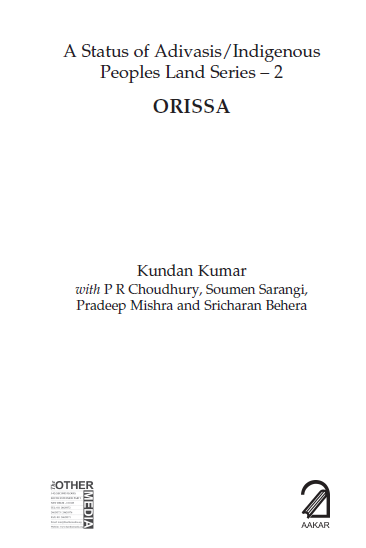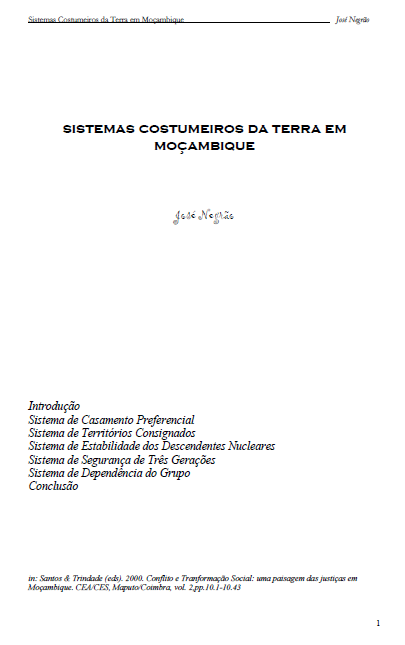A Status of Adivasis/Indigenous Peoples Land Series -2 ORISSA.
Access to land and land-based resources has been a critical issue for the Adivasi living in forested landscapes of Central India, including Odisha. This paper highlights poor access to land as major reasons of poverty among adivasis and recurrent conflicts in tribal regions of Odisha.




